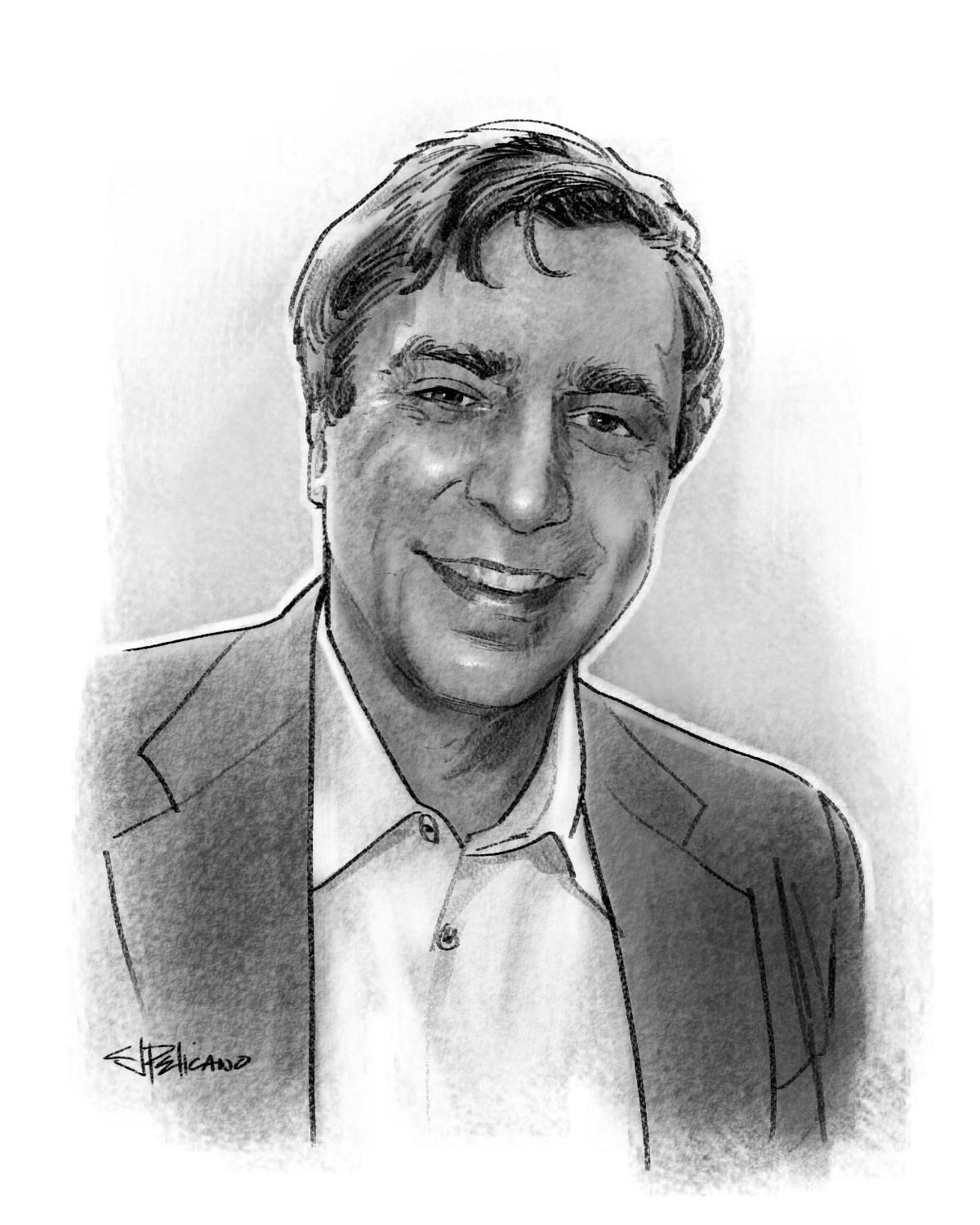Dante imagines that Paradise consists of nine celestial spheres which surround the very Throne of God at the center. It is like a blossoming rose, each petal reveals further splendor and glory the nearer we come to the center. Yet, in a way, Dante's journey to God read something like science fiction - after all, he and Beatrice travel through: The Moon, Mercury, Venus, the Sun, Mars, Jupiter, and Saturn
The "Fixed Stars" - a region medievals imagined to contain all stars except the SunAnd finally, through the "Primum Mobile" - the sphere which causes the motion of all other spheres within it because it is moved directly by God
In each astral location, Dante and Beatrice meet the blessed souls who enjoy the bliss of Heaven. Unlike Purgatory and the Inferno which are arranged by different types of sin, Paradise is structured according to virtue. Each sphere is associated with one of the cardinal virtues - prudence, fortitude, justice, temperance - or one of the theological virtues - faith, hope, charity.
Poetry of the Highest Order
Professor Esolen who has served as your guide through both the Inferno and Purgatory will guide you through the profound and elevated poetry of Paradise. An expert who has taught Dante to college students for more than twenty years, Professor Esolen is also the preeminent modern translator of the entire Divine Comedy from the original Italian.
Dante can rightly be called the greatest poet who ever lived because he chose for the subject of his epic poem the greatest subject ever conceived - namely the whole purpose and end of man. Dante's imaginative genius gave us both astonishing human and theological insights and perhaps the most beautiful verse describing Heaven ever written.
Discover the ineffable majesty of Paradise with Professor Esolen and complete the journey of all men who have conquered self through the sufferings in Purgatory.
LECTURES
- Cantos 1–5: Man Soaring Beyond Man
Reunited with blessed Beatrice, Dante ascends into the realm of Paradise where he rises through the realms of the Moon and Mercury. - Cantos 6–9: Glory and Love
Dante begins to comprehend the majesty and justice of God’s grace, and arrives at the realm of Venus, which is filled with souls who are brighter than any earthly lamp. - Cantos 10–13: The Empire of the Sun
Beatrice draws Dante upwards, into the realm of the Sun where he meets St. Thomas Aquinas, St. Dominic, and St. Bonaventure. - Cantos 14–17: The Fighting Christian
In the realm of Mars, Dante sees a vision of the Cross of Christ and meets the soul of one of his ancestors, a great statesman of Florence. - Cantos 18–21: The Providence of God
Dante meets the souls of saintly and just rulers in the sphere of Jupiter, where he also receives a vision which is like an eagle, speaking of God’s goodness. - Cantos 22–25: Dante Takes His Final Exams
Dante reaches the sphere of the fixed stars were he meets the apostles St. Peter and St. James; they examine Dante on the virtues of faith and hope. - Cantos 26–29: Angelic Love
Blinded by the brilliant light emanating forth from St. John, Dante completes his examination on the last and greatest of the theological virtues, charity. - Cantos 30–33: The Love that Moves the Sun and Stars
At the end of his journey, Dante is graced with a vision of the Trinity itself; but even he cannot describe what he seems, so infinite and sublime is the existence of God.
LECTURE SAMPLE
The Homeschooling Set includes the Streaming Video and Homeschooling Course Guide. Each Course Guide contains everything needed for a student to complete the course, including:
-
- Lesson Plan
- Quizzes
- Final Essay
- Lecture Notes
- Answer Key
MEET YOUR PROFESSOR

Dr. Anthony Esolen is a writer, social commentator, translator of classical poetry, and Writer-in-Residence at Magdalen College of the Liberal Arts. He taught at Furman University and Providence College before transferring to the Thomas More College of Liberal Arts in 2017 and Magdalen in 2019.
Dr. Esolen has translated into English Dante’s Divine Comedy, Lucretius’ On the Nature of Things, and Torquato Tasso’s Jerusalem Delivered. He is the author of numerous books and articles in such publications as The Modern Age, The Catholic World Report, Chronicles, The Claremont Review of Books, The Public Discourse, First Things, Crisis Magazine, The Catholic Thing, and Touchstone, for which he serves as a senior editor. He is a regular contributor to Magnificat, and has written frequently for a host of other online journals.
Dr. Esolen's web magazine, Word and Song, features fascinating weekly analyses of language, poetry, hymns and film in his signature humorous intellectual style.
- Product Format:
- MP3 Audiobook Download
- SEARCH_IGNORE:
- true
- Product Format:
- MP3 Audio Download
- Format:
- Digital



